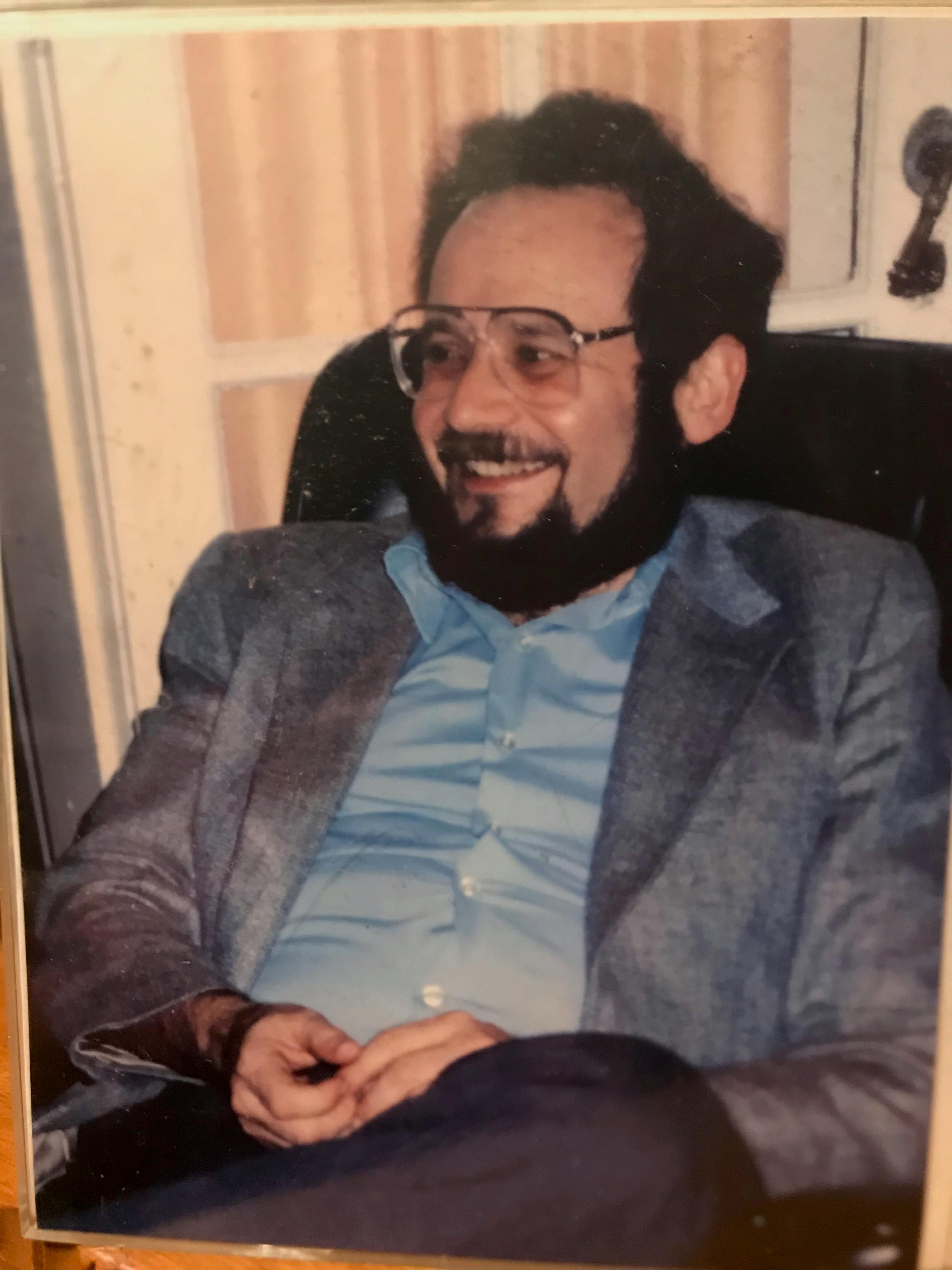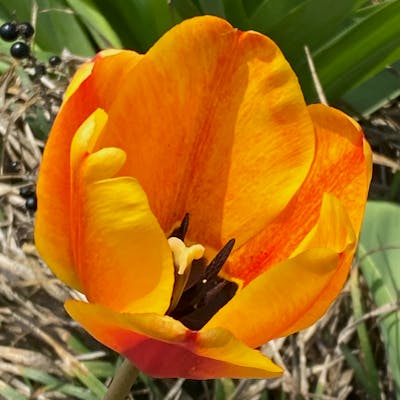Fatherless on Father’s Day
Finding the courage to grieve my father and finding new forms of love

My father’s name was Kenneth; he also answered to Dr. Russ, Ken, Kenny, and Dad. He lived to be 52, dying of cancer on December 26, 1996, in a recliner in our living room, before dawn. I was 16.
Expectations crumble when you lose a father, a mother, or anyone you love, though every one of us dies. A spiritual teacher of mine once told me Death is normal, but most cultural gatekeepers sidestep this truth. Only when death knocked my house down - an earthquake whose epicenter was exactly underneath me - did I realize I built my life on less-than-solid ground.
My father was diagnosed with cancer twice. The second time, a few weeks after the doctors thought they’d gotten all of it, an MRI showed it had spread to his brain.
Migraines and aphasia afflicted him for the rest of his life, which was five months. My mother shut my father’s practice (he had been a neuropsychologist and the first biofeedback practitioner in Missouri, back in the 1970s). Word by word, my clever father lost the ability to speak. He spent his time in the living room, the curtains drawn, listening to music. He loved the Beatles, and days before he lapsed into a coma, I sang him the song "Blackbird."
In remembering him, I honor his work as a healer, his loud annd wild laugh, and his love for me, which was deep and reflexive. When I was 9, he took me out to breakfast once a week before dropping me off at school. Sitting across from me, he always asked me what I was learning that week. The way he listened, I felt like a flower being watered just the perfect amount.

After his death I idealized him. I wasn’t ready to let him go, so I put him on an unreachable, mental mountaintop. He'd been the easier parent, the one I could sing and dance with, the one I could be most myself around. Losing him, I lost my self-confidence, my anchor, and my protector. The trauma caught in my throat, in my heart. I tried to rise above it, living in my head.
But I needed to let my grief flow through all of me - as it does when we are ready to welcome it - so I could fully feel the shape of what I'd lost. When I touched its sharp edges, out of nowhere, love arose and met and softened them. As a teenager I’d split myself off from this kind of love to manage a grief I didn’t feel safe or supported or able to fully express. But the love was always there - even the day we buried my father’s body, taking turns shoveling dirt over it, as Jewish custom asks of the immediate family.
Time may pass like clockwork, but awareness and memory are fickle and flickering. 25 years after his funeral, since it had been pouring rain that morning, I can still feel my boots sticking in the mud.
Skillful healers and kind friends listened to and stayed present with me over the years, helping to shine light gradually on what I had needed to cordon off, and welcoming the tears I shed as I reanimated my father's memory inside myself.
Sometimes I still need help navigating thickets of distress, but as many times as I lose the golden thread of love, I can re-find it; incredibly, it wants to be found by me - and by you. By each of us who love and grieve and who turn toward the Great Mystery with courage and compassion.
